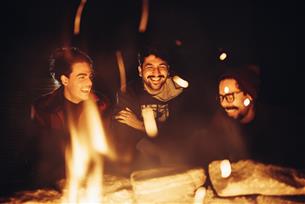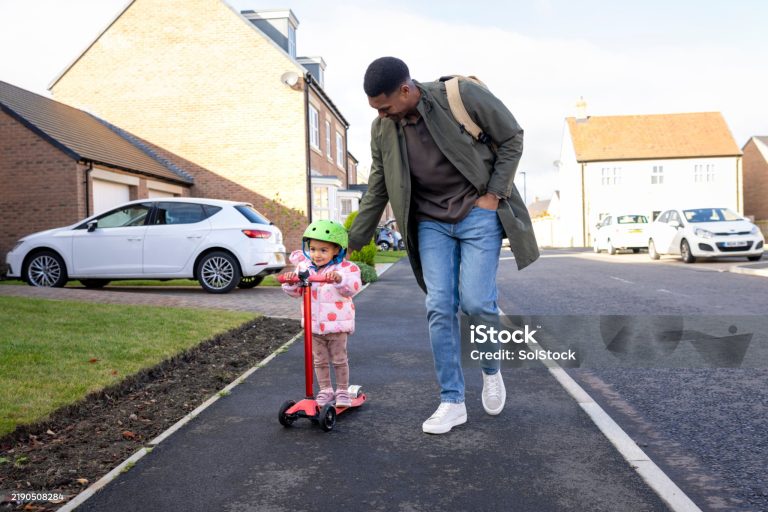
When we’re young, friendship often happens without effort. A shared lunchbox at school, a teammate at soccer practice, a neighbor with the same bike — these moments naturally knit people together. There’s time, proximity, and a general openness to connection. But as we grow older, many of us find ourselves looking around and realizing something quietly unsettling: making and maintaining friends as an adult is much harder than we expected.
It’s not just you. This difficulty is real. And yet, despite the awkwardness and setbacks, relearning friendship as an adult might be one of the most vital and rewarding challenges of our lives.

The Shifting Landscape of Adulthood
As we age, life starts to divide us. We move to new cities for work or family. We invest our time in careers, relationships, children, mortgages, or all of the above. Schedules tighten. Free time shrinks. What once felt spontaneous now requires calendar invites, planning weeks in advance, and often some creative child care arrangements.
Worse, many people feel a kind of quiet shame about their loneliness — as if being without a group of close friends in adulthood means they’ve somehow failed. But if you’ve ever thought, Why is this so hard for me now?, you’re not broken. You’re just human, and you’re not alone.
We No Longer Have Built-In Community
One of the biggest reasons adult friendship feels more complicated is simple: we no longer live in the social ecosystems that once supported it.
School, college, first jobs — these were all environments that brought people together in a shared space, often for shared goals. You didn’t have to go looking for friendship; it was built into your daily routine. But adulthood doesn’t come with these ready-made social arenas. Instead, we’re on our own — scattered across cities, neighborhoods, digital lives, and responsibilities.
Finding friends requires intention, not just coincidence. That’s a big shift.
The Vulnerability Gap
Another quiet barrier? Vulnerability.
In our teens and twenties, we often opened up quickly. We were still figuring out who we were, and there was less to lose. But with age comes armor. By thirty or forty, many of us have been hurt. We’ve had fallouts, betrayals, or just painful fades. We’ve built routines that work well enough without emotional risk. We tell ourselves we’re too busy, but sometimes what we’re really saying is: I’m not sure I want to open up again.
Making new friends — or deepening existing ones — asks us to be a little bit brave. To go first. To show more than the polished version of ourselves. And that can be scary.
The Myth of the “Perfect” Friend Group
Part of what keeps us stuck is comparison. We scroll through social media and see groups of friends on weekend getaways, holiday dinners, and birthday brunches — all smiling and synchronized. But what those photos don’t show are the layers of effort underneath: the years of showing up, the difficult conversations, the seasons of distance and repair.
There’s no one version of adult friendship. Some are fast and intense. Others are slow burns that take years to fully form. Some will fade. Others will surprise you.
It’s not about finding the perfect group. It’s about building something honest, however messy, with people who want to try alongside you.
How to Relearn Friendship as an Adult
So where do we begin? Relearning friendship isn’t about mimicking what we had at 17. It’s about shaping something new with the tools, wisdom, and imperfections we carry now.
Here are some starting points:
1. Start Small, But Start
Not every interaction needs to lead to a soul-level friendship. Sometimes, it’s about chatting with the same barista each morning, inviting a coworker to lunch, or joining a local group that meets regularly. These small touchpoints matter. They build momentum.
2. Initiate Without Overthinking
We often hold back from reaching out because we don’t want to seem needy or weird. But more people are lonely than they let on — your message might be exactly what someone else needs. If you’re thinking of texting someone, do it. If you want to grab a coffee with a neighbor, ask.
Friendship needs someone to go first. Why not you?
3. Let Go of the Timeline
Just because you’ve known someone since kindergarten doesn’t mean they’re your closest friend. Just because you met someone last week doesn’t mean they can’t become important. Relationships don’t follow a script. Give new ones time to unfold. Reconnect with old ones if you feel the pull.
4. Be Honest About Your Needs
Adults are busy, and life is real — but making space for friendship often means naming what you want. Whether that’s more frequent check-ins, in-person hangs, or even just a deeper kind of conversation, it’s okay to say so. Connection grows through clarity.
5. Accept That It’ll Feel Awkward
Some of this will feel weird. Vulnerable. Even embarrassing. That’s okay. Being an adult doesn’t mean being invulnerable — it means learning to keep showing up even when things aren’t easy. Awkwardness isn’t a sign that something’s wrong. It’s a sign that you’re growing.

Why It’s Worth It
We’re wired for connection. Even if we’ve built solid, independent lives, that doesn’t replace the need for meaningful companionship. Friends remind us of who we are outside of our roles — not as employees, parents, or partners, but as people.
In a time when loneliness has become a quiet epidemic, relearning how to be a friend — and how to let others be one to you — is a radical, essential act.
There’s no hack or shortcut. It’s slow work, often invisible. But it’s worth it.
A text exchanged. A meal shared. A memory created. These are not extras in life — they are life. And while making new friends might never be as effortless as it once was, it can be more profound. Because when adults choose friendship, it’s not just convenience — it’s commitment.



